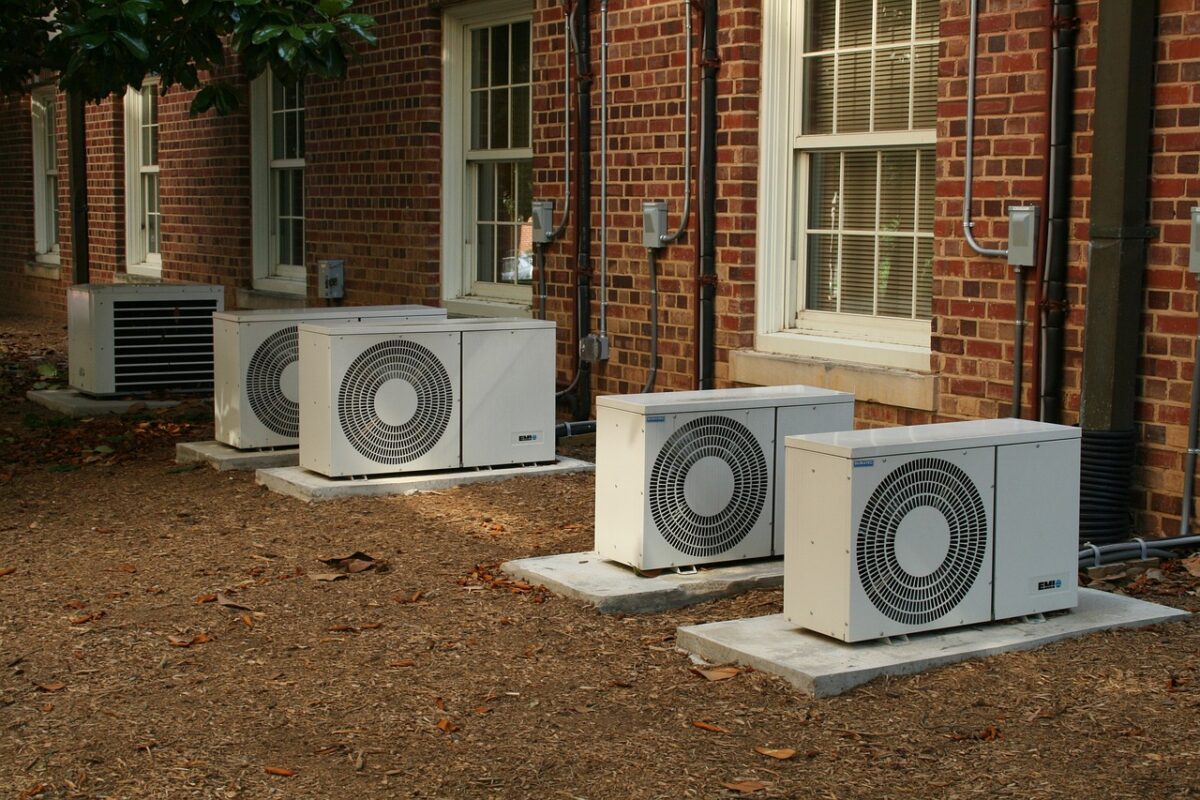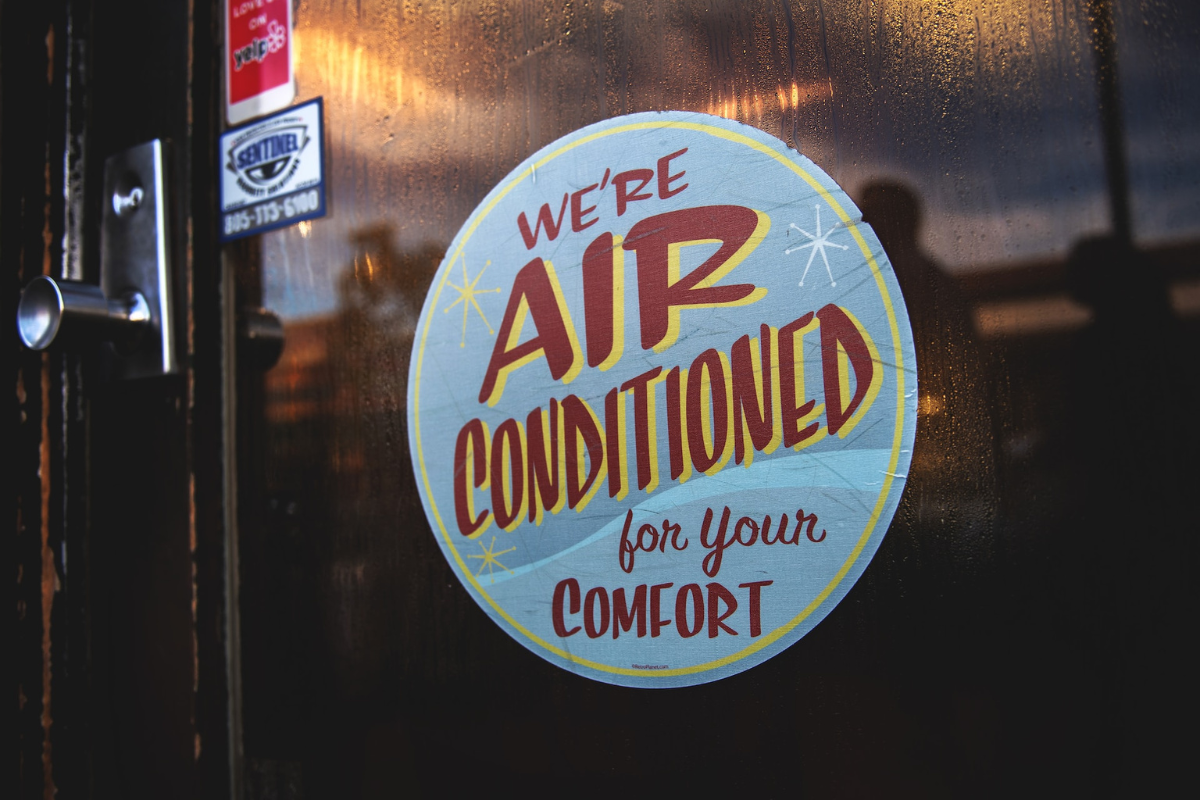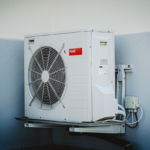Choosing the right commercial air conditioning system for your business is essential to keeping your customers and employees comfortable while reducing energy costs.
A well-designed, efficient system will ensure that you maintain a consistent temperature throughout the building, no matter the time of year.
But with so many different types of systems on the market, how do you choose which is best for your needs?
This guide will help you understand the key features and considerations when selecting a commercial air conditioning system for your business.
We’ll cover size requirements, efficiency ratings, energy savings opportunities, installation options, maintenance plans, and more.
With this information in hand, you can make an informed decision about which type of air conditioning system will be best suited to meet the needs of your business.
Post Contents
Understand Your Cooling Needs And The Size Of The Space
When choosing the best commercial air conditioning system for your business, there are a few factors to consider to make an informed decision.

The first and most important factor is understanding your cooling needs and the space size you need to cool, and this will help you determine the type and size of the system that will be most effective for your business.
You should also consider the layout and design of your space, as well as any unique features that may impact the system’s effectiveness.
For example, if you have a lot of windows or high ceilings, you may need a more powerful system to ensure even cooling throughout the space.
Another important factor to consider when selecting a commercial air conditioning system is the level of energy efficiency.
A more energy-efficient system may cost more upfront, but it can save you money in the long run by reducing your energy bills.
It is also important to consider the maintenance and repair requirements of the system you choose.
Look for a system that is easy to maintain and repair and has a reliable warranty or service agreement.
Finally, consider the reputation and expertise of the company you choose to install and service your commercial air conditioning system.
Look for a company with a proven track record of quality service and customer satisfaction.
Energy Efficiency Ratings When Choosing A System
Another important consideration is energy efficiency ratings. A more energy-efficient system will not only reduce your overall carbon footprint, but it can also help to lower your utility bills in the long run.
When shopping for a commercial air conditioning system, look for a unit with a high SEER (Seasonal Energy Efficiency Ratio) rating.
This rating measures the system’s cooling output compared to the amount of energy it uses.
Additionally, you may want to consider the unit’s size and its noise level. A system that is too large for your space may waste energy, while a system that is too small may struggle to keep your space comfortable. Similarly, a too-loud system may be disruptive to your employees or customers.
Another factor to keep in mind is the type of system that will work best for your business. Some common options include rooftop units, split systems, and packaged systems.
Rooftop units are often the best option for businesses with flat roofs, while split systems are ideal for larger spaces where ductwork may be difficult to install.
On the other hand, packaged systems are usually more cost-effective and often used for smaller commercial spaces.
It is also important to consider the lifespan of the system you choose. While a more expensive system may have a longer lifespan, it can also provide better value in the long run by reducing maintenance and repair costs.
Be sure to talk to your HVAC contractor about your options and decide based on your business’s specific needs.
Split Or Packaged Air Conditioning System
When selecting the best commercial air conditioning system for your business, one of the most significant decisions is choosing between a split or packaged one. To help you make an informed choice, let’s look at the differences between the two.

An indoor unit, which is positioned inside the area to be cooled, and an outdoor unit, which is placed outside the building, make up split air conditioning systems.
More design flexibility is possible with this kind of system since it can be modified to meet the unique cooling requirements of each area.
Split systems are perfect for compact areas and are frequently used in residential structures.
On the other hand, packaged air conditioning systems are self-contained units that house all necessary components in a single outdoor unit.
This type of system is more suitable for larger commercial spaces, such as office buildings and factories.
Packaged systems are generally more energy-efficient than split systems, as they generate less heat loss due to the absence of ductwork.
When deciding between a split or packaged air conditioning system, you should consider certain factors, such as the size and layout of your building, your cooling needs, and your budget.
If your business has a small space to cool, a split system is a good choice, but a packaged system is likely a better option if you have a large area to cover.
Overall, it’s important to research and choose the best air conditioning system that suits your business needs.
With the right system, you can keep your space cool and comfortable while minimizing energy consumption and maximizing your budget.
Conclusion
Choosing the right commercial air conditioning system for your business is essential to ensure a comfortable and productive work environment.
It’s important to consider factors such as size, energy efficiency, installation cost, maintenance costs, and operating temperature range when making your decision.
Ultimately, selecting an efficient and reliable HVAC unit will provide long-term savings on energy bills and repair costs while providing a pleasant atmosphere for employees or customers.
If you are unsure which option suits your needs, contact a professional who can advise you on the most suitable commercial air conditioning system choice.






























